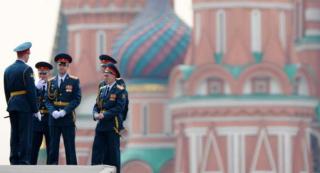
The Russian government has intensified its attempts to edit the nation's past by establishing an anti-falsification commission whose potential effects on academic research are disquieting.
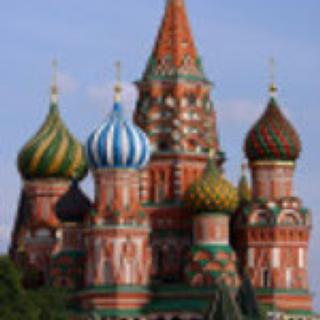
Russia remains hobbled by an unfulfilled need to diversify its economy and to strengthen the independence of its economic and judicial systems. A global turnaround will not solve these problems.

The economic crisis has had a clear impact on the already impoverished countries of Central Asia, but few Americans and Europeans have noticed. China and Russia have stepped in to provide aid, and their investments threaten institutional reform in the region.
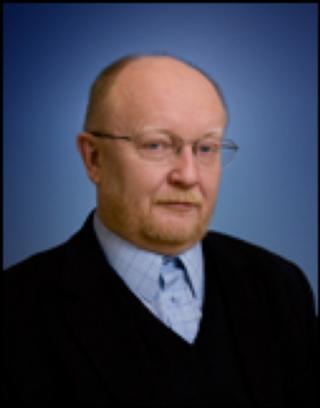
Grave violence plagues the North Caucasus, which should be a key humanitarian concern for Europe. But the economic crisis will largely determine how much will be done to help the region.
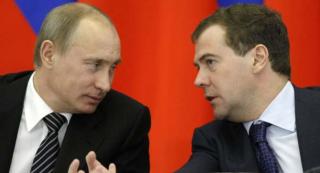
The federal highway occupation by workers in the small town of Pikalyovo illustrates both the fact that the Russian people have no way to communicate with their government and that the government's only method of resolving problems is through Putin's direct intervention.
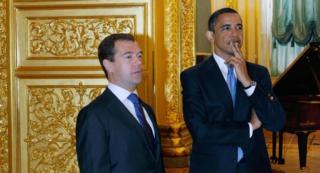
If the Obama administration believes U.S. relations with Russia's authoritarian regime can be reduced to the false dichotomy of isolation or cooperation, its efforts to improve relations with Moscow will lead to more mutual disappointment.
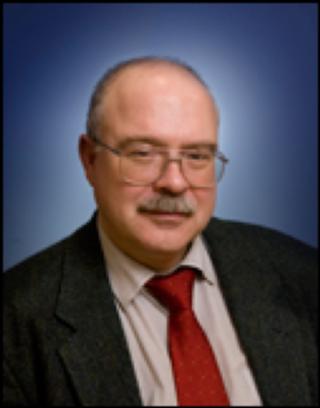
The European Union has little direct governmental influence on Russia, but its indirect societal influence is significant. Ultimately, however, while the EU can help efforts to modernize Russia, there is a need for real reform from inside the country itself.
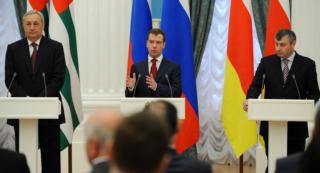
Europe’s Eastern Partnership is the clearest indication so far of its capability and willingness to project soft power into what Moscow regards as its sphere of influence.
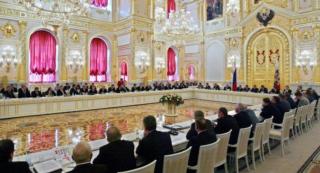
Newly-released survey results show that Russians are holding regional leaders, rather than the federal government, responsible for the economic crisis in their regions. But federal authorities won't be able to get away with this forever.
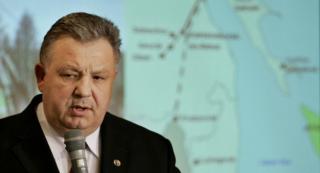
By appointing Khabarovsk Governor Viktor Ishayev as the presidential envoy to the Far East Federal District the Kremlin is establishing a powerful and competent government lobbyist for the interests of the Far East.
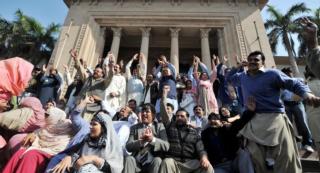
Islam alone will not aid Pakistan’s political development; instead, national stability will improve with better administrative, security, economic, and social services.
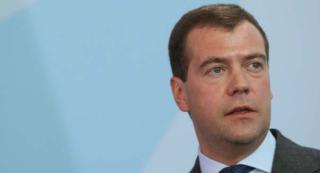
Dimitry Medvedev's decision to meet with political liberals suggests he understands that without democracy Russia will not have a successful and stable future.
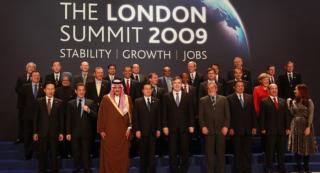
Until the United States, China, and the EU reach consensus about the roots of the global economic crisis and coordinate recovery policy, the world economy is likely to get worse before it gets better.
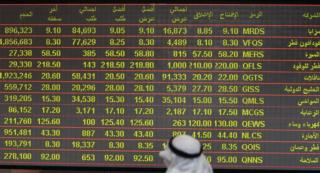
Rethinking the wisdom of relying on unstable Western economies for growth, the Arab world is increasingly focused on the diversification of its own economies.
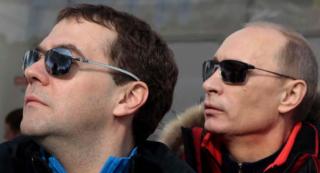
The mayoral campaign in Sochi illustrates the Kremlins desire to demonstrate a more liberal approach to domestic politics while also emphasizing the extent of its political control.
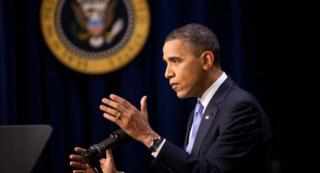
As top policy experts assess President Obama’s performance during his first hundred days in office, the results are somewhat mixed but generally positive.
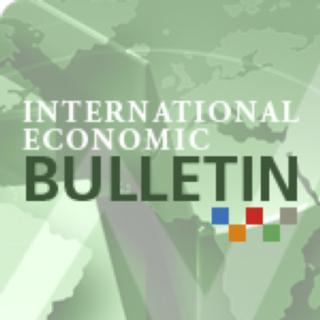
Russia’s response to the global economic crisis has focused on supporting corporations and the financial sector. The deepening social impact of the downturn suggests that leaders should concentrate on cushioning the blow to the poor and the vulnerable.
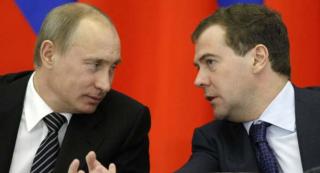
The mayoral election in Sochi on April 26 marks a serious turning point in Russian politics; competition, both from the opposition and from within the party of power, is becoming more intense.
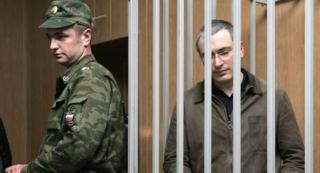
Despite President Medvedev's claims to support the rule of law, he has not acted to correct the distortion of justice that occurred during the trial of Mikhail Khodorkovsky.
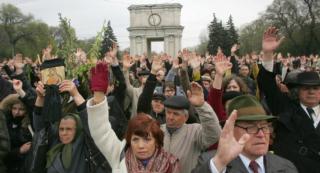
The recent protests in Moldova were sparked by allegations of rigged election results, but their roots lie in the Moldovan government's agreement with Russia to significantly slow down the process of Moldova's accession to the European Union.